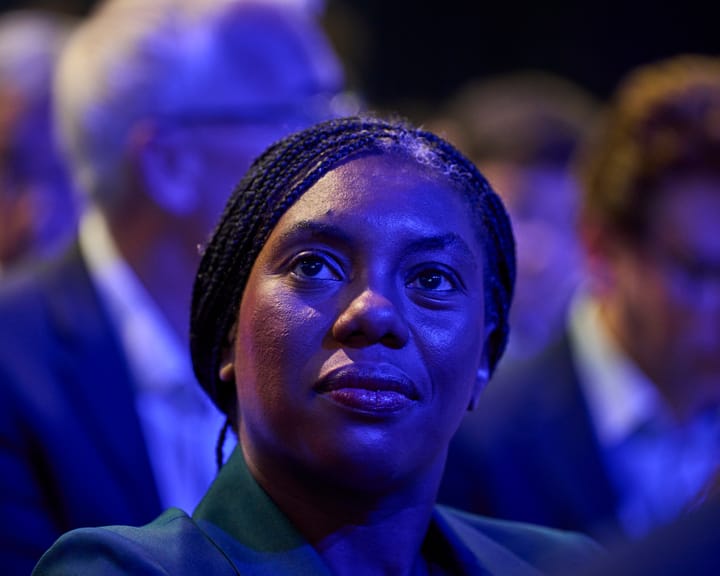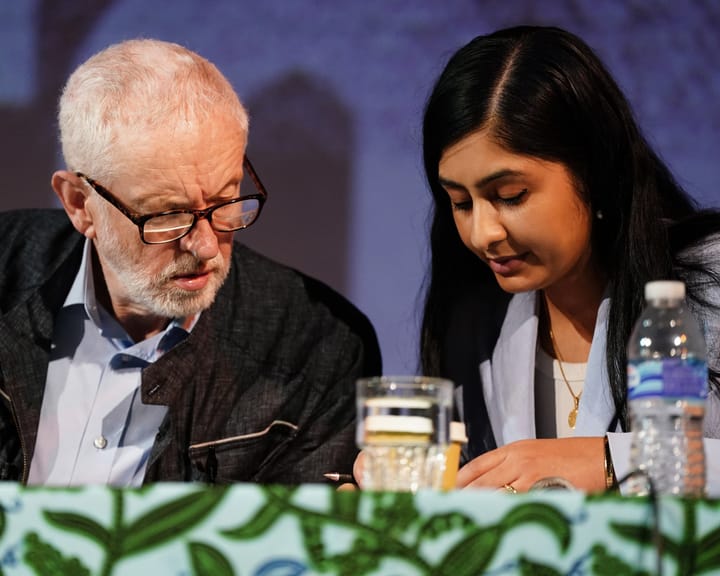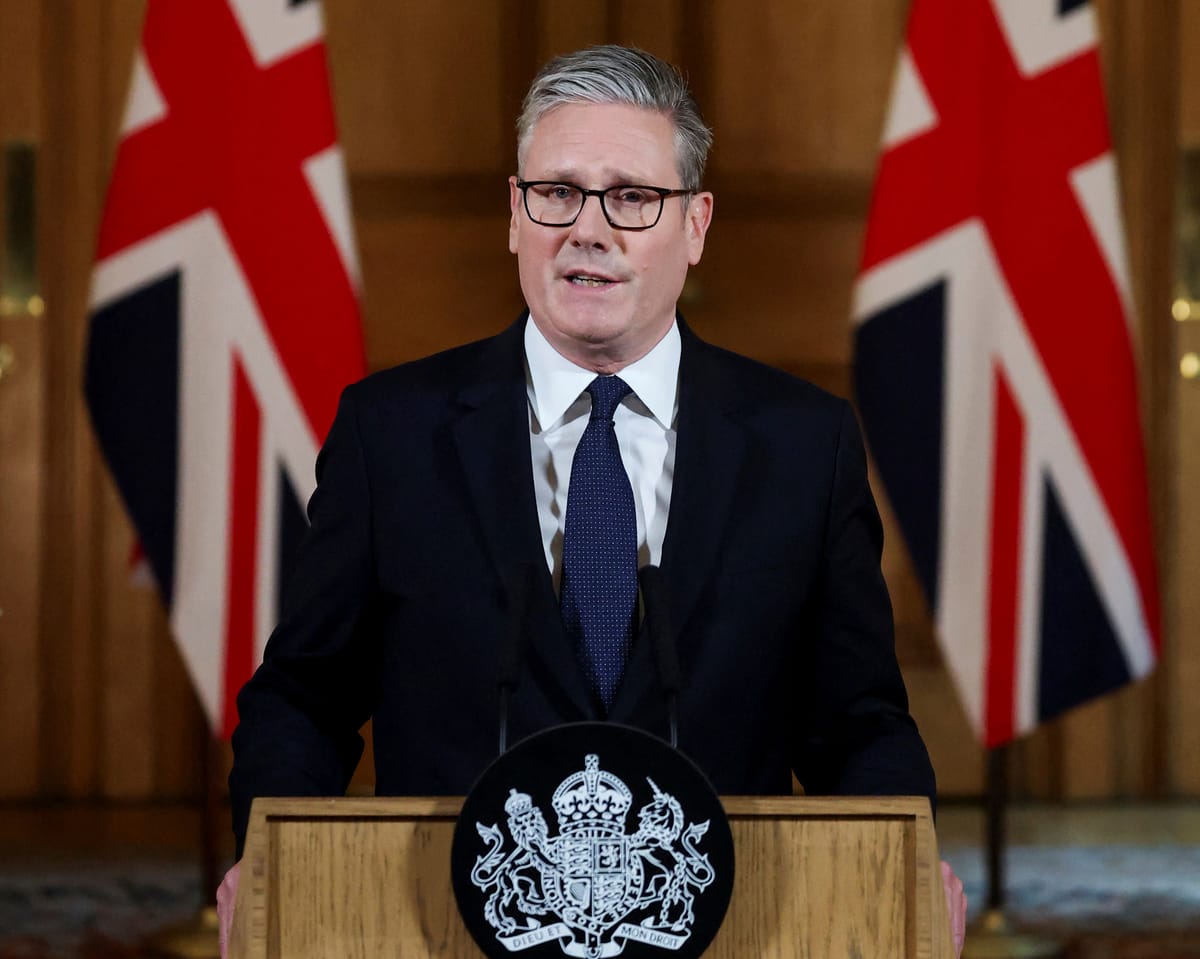A lot can change in a week. Just last Tuesday, Keir Starmer dismissed calls to recognize the state of Palestine. Despite expressing concern over the situation in Gaza, he remained unwilling to take any significant action.
Later in the week, over 250 MPs, including cabinet members, urged him to reconsider. Still, he resisted, insisting the timing was not right. Even polls showing broad public support for recognizing Palestine did not sway him. His cautious approach left little room for bold decisions.
Expectations for the emergency cabinet meeting on Gaza were low. Many anticipated slightly stronger language to reflect internal pressure but assumed Starmer would leave himself flexibility—a move likely to satisfy few.
Yet the outcome was clear. The UK announced it would recognize Palestine before the next UN General Assembly in September unless Israel took concrete steps: agreeing to a ceasefire, allowing substantial aid into Gaza, committing to long-term peace, withdrawing from the West Bank, and accepting a two-state solution.
Shortly after, Starmer made a brief public statement confirming the government’s stance. The time for hesitation was over. Palestinian statehood, he asserted, could not be blocked indefinitely. Hamas must release hostages and step aside, while Benjamin Netanyahu must either act in good faith or face unavoidable consequences. The UK could no longer remain passive as a humanitarian crisis deepened.
The timing was deliberate. As Starmer finished speaking, David Lammy took the stage at the UN, reinforcing the message. The UK, he said, was through with merely urging restraint. The UN had repeatedly demanded an end to the conflict and humanitarian access. It was time for action.
Lammy invoked Britain’s historical role, from the Balfour Declaration to commitments made to the Palestinian people. The UK, he insisted, must finally honor its pledge rather than offering hollow support for a two-state solution.
“I feel the hand of history on our shoulders,” he said, echoing Tony Blair’s words during the Northern Ireland peace process. The chamber erupted in applause as he concluded, confirming recognition of Palestine would come within weeks.
The move also signaled Starmer’s decisive stance following his meeting with a key international leader the day before.
Read next

"Widow to forfeit half of pension scam compensation to taxes"
The relatives of a man who lost his retirement savings after becoming entangled in the Norton Motorcycles pension scheme fraud are set to forfeit nearly half of their compensation due to an obscure tax regulation.
After a prolonged effort to secure payment from the Fraud Compensation Fund (FCF), Robert Dewar’

"Has Kemi Badenoch Ended One Nation Conservatism?"
In one interpretation of the Conservative Party's electoral successes, its last three victorious leaders—John Major, David Cameron, and Boris Johnson—each entered Downing Street promoting unity and broad-based principles.
However, this year's gathering of Conservative members has been defined by tougher language on asylum policies

Zarah Sultana and Corbyn reconcile, poised to co-lead new party
Zarah Sultana and Jeremy Corbyn Reconcile Ahead of New Political Group Launch
Zarah Sultana has stated that she and Jeremy Corbyn have resolved tensions in their joint leadership of a new political initiative, comparing their dynamic to that of the Gallagher brothers from Oasis.
Speaking alongside Corbyn at the *World

